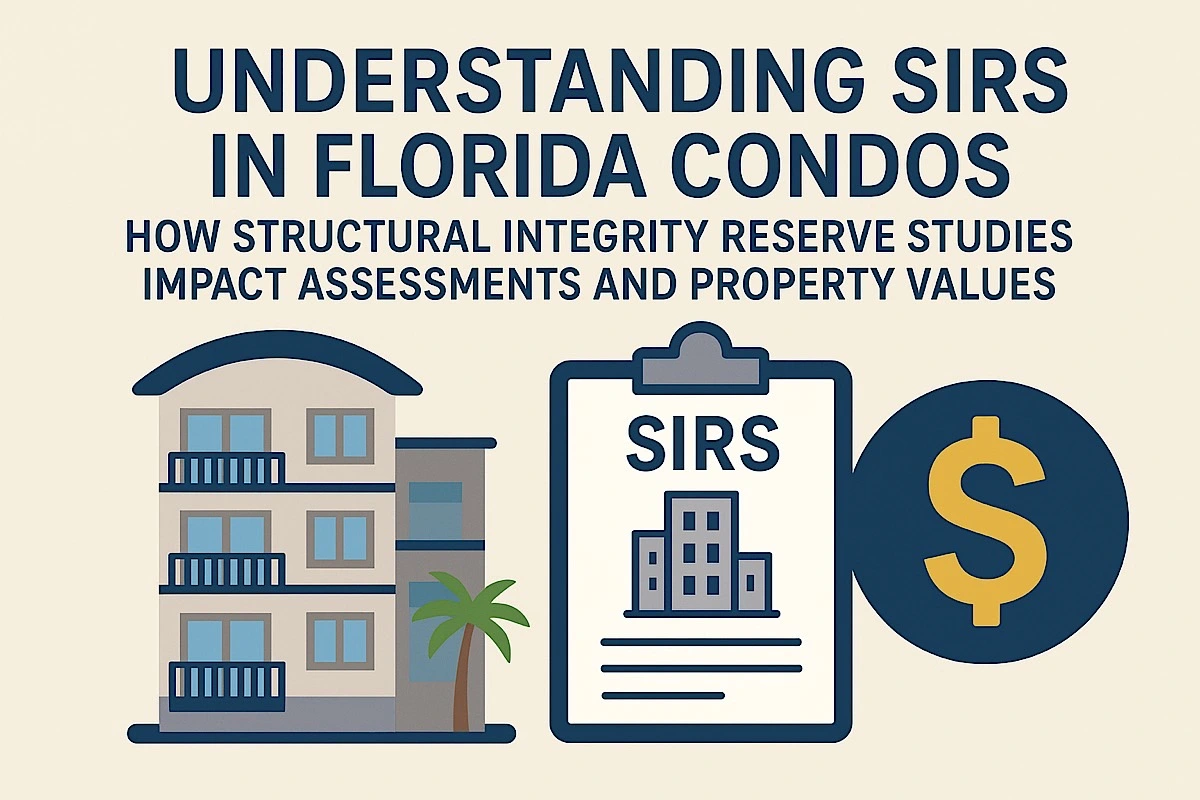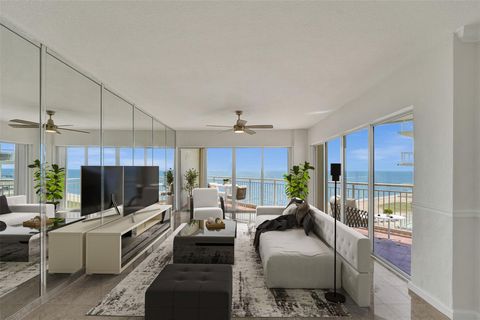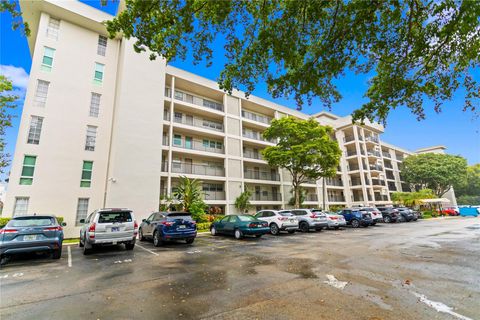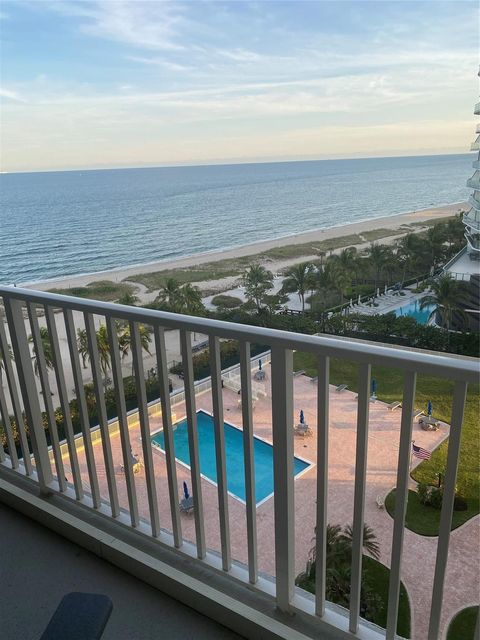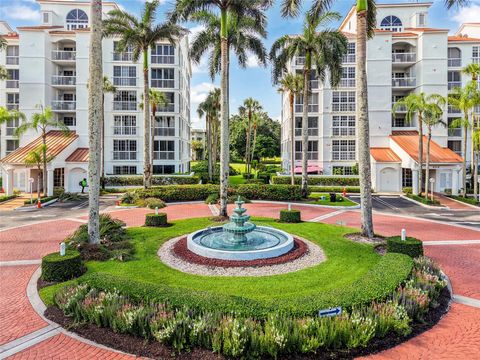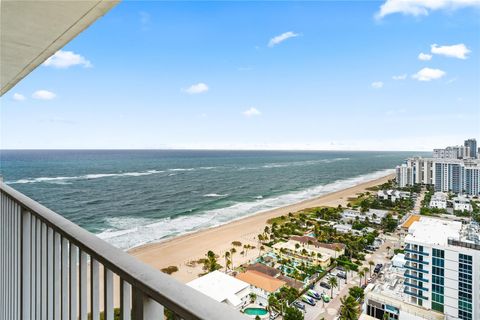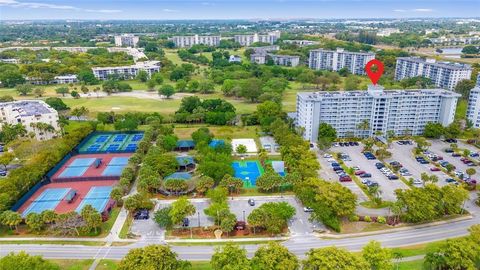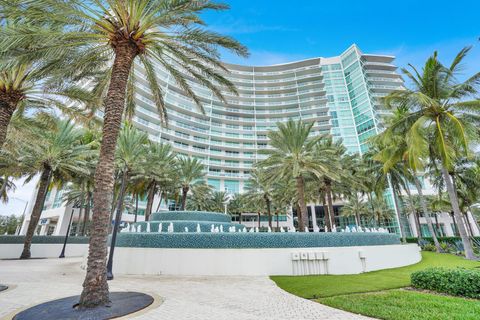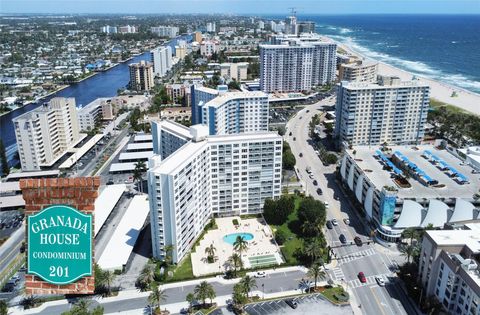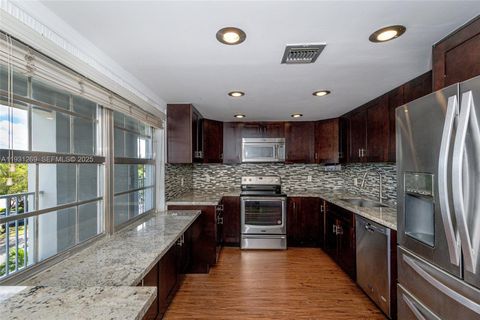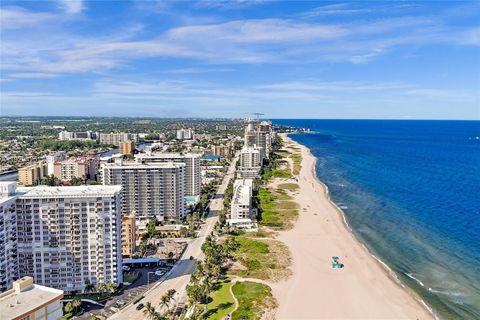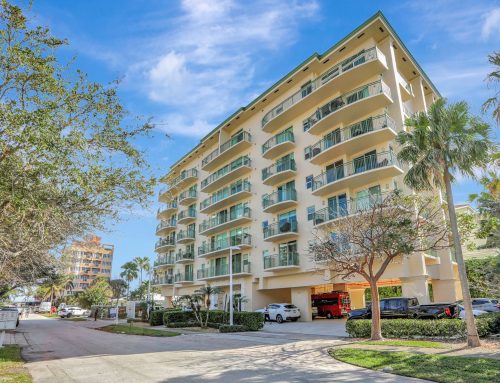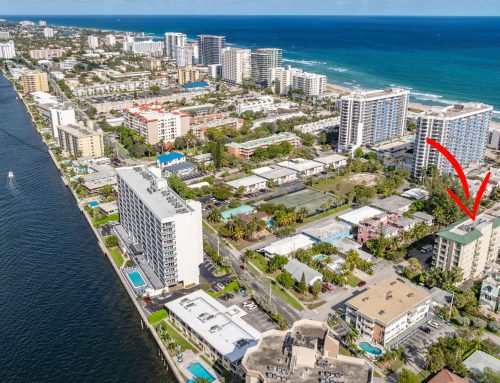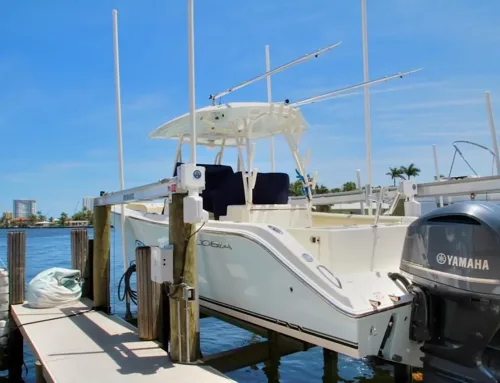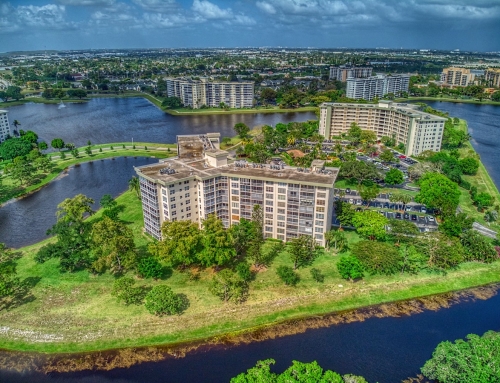Everything Florida condo buyers, owners and boards need to know about SIRS – and how they affect special assessments & values
Florida’s condo laws have changed a lot since Surfside. One of the biggest practical outcomes for condominium owners (and anyone buying a unit in a building with 3+ habitable stories) is the rise of SIRS – Structural Integrity Reserve Studies – and the way those studies drive reserve funding decisions, special assessments, and property values. Below I explain what a SIRS is, who must get one and when, what it typically finds, how it feeds special assessments, and practical tips for buyers, sellers and boards.
What is a SIRS?
A Structural Integrity Reserve Study (SIRS) is a formal evaluation of a building’s major structural components (roofs, balconies, columns, parking garages, exterior walls, waterproofing, etc.) that estimates remaining useful life, likely replacement/repair costs, and a recommended reserve-funding schedule. It’s essentially a reserve study focused on structural elements and safety. The SIRS is now part of Florida’s post-Surfside safety framework designed to reduce deferred structural maintenance and surprise assessments. Click to see a SIRS report
Who must have one – and when?
State law and follow-up bills require milestone inspections and SIRS reporting for residential condominium buildings that are three or more habitable stories. Milestone inspections generally must be done by the time the building reaches a milestone age (30 years for the state milestone rule, with local programs such as Miami-Dade/Broward using 40/50-year recertifications and varying local rules). Recent legislation and rule updates have put SIRS deadlines and local reporting requirements on a strict timetable – local governments were required to confirm SIRS and milestone completion and report compliance as part of 2025 rule updates. Check your building’s certificate of occupancy date to know when your milestone year is. View Pompano Beach Condos for sale by price
Key timing point: Many sources and the state guidance say milestone inspections/SIRS deadlines were phased in around 2024 – 2025, with major cutoffs like December 31, 2025 for many buildings to have performed required SIRS/milestone inspections. (Verify the specific deadline that applied to your building by checking local county records and the statute.)
Who can do a SIRS?
The visual inspection portion of a SIRS typically must be performed or verified by a licensed engineer or architect, and the financial/reserve analysis portion should be performed by someone qualified to prepare reserve studies (engineer, architect, or a certified reserve specialist / professional reserve analyst). That combination is meant to couple technical safety assessment with realistic accounting of replacement costs and reserve funding.
What’s in a SIRS report?
Typical SIRS deliverables include:
- Inventory of structural components subject to association maintenance.
- Condition assessment and estimated remaining useful life for each element.
- Estimated repair or replacement cost (often with a cost escalation schedule).
- A recommended reserve funding plan: how much the association should have on hand (and what annual contributions should be) to avoid major special assessments.
- Priority items / urgent repairs (items that must be fixed immediately for safety).
These elements give boards and owners a road map and a price tag.
How a SIRS leads to special assessments (the mechanics)
- SIRS identifies problems & costs. If the report shows a shortfall in the reserve fund relative to the projected lifecycle costs – or urgent, immediate repairs – the board must act.
- Reserve funding vs. special assessments. Boards have choices: increase annual reserve contributions (ideal but slower), borrow, or levy a special assessment for immediate funding. Many SIRS findings (roof replacements, garage waterproofing, structural concrete repairs) are high-cost and may require immediate capital – i.e., a special assessment.
- Legal and governance limits. Whether and how a board may levy an assessment depends on the association’s governing documents (bylaws/ declaration) and state law – and assessments can be challenged in court when boards don’t follow the required vote/notice procedures. When SIRS finds urgent safety risks, local building departments can also order repairs which compress timelines and make assessments more likely.
Direct impacts on condo values and marketability
- Buyer caution / financing obstacles. Lenders and buyers watch SIRS findings closely. A building with a large, looming special assessment, or documented urgent structural issues, becomes harder to finance and sell – buyers worry about unknown future bills and lenders may limit lending or require higher down payments.
- Disclosure obligations. Associations and sellers must disclose material facts. A recent SIRS showing funding shortfalls or pending repairs is material and can chill buyer demand.
- Insurance & insurability. Major structural issues can affect insurance premiums or coverage availability, which in turn damages value.
- Perception of risk. Even if a board plans to spread costs over time, buyers often price in perceived risk, so buildings with a history of deferred maintenance or recent urgent SIRS findings often trade at a discount relative to well-maintained peers.
Practical advice – what buyers should do
- Check SIRS and milestone inspection status before making an offer. Ask for the most recent SIRS/MIR and any follow-up engineering reports. (Local permitting/building departments often hold the milestone/recertification filings.)
- Ask about reserves and special assessments. Request the association’s reserve study, recent financials, budgets, and any board meeting minutes discussing the SIRS findings and planned funding.
- Get legal and lending guidance. Consult your lender and, if needed, a real estate attorney – some lenders impose restrictions if a building has significant capital needs or is under an active special assessment.
Practical advice – what sellers & boards should do
- Transparency: Provide SIRS, reserve studies and proof of follow-up repairs to potential buyers. Proactive transparency typically improves buyer confidence.
- Update the SIRS after major repairs. If you repair or replace a component, updating the SIRS is required practice so remaining life and funding needs reflect reality (and reduces chances of unnecessary double-funding).
- Plan funding options: Boards should consider phased capital plans, loans (if permitted by governing documents), grant programs where available, or special assessments with fair payment terms – and communicate the plan clearly to owners. Early and honest communication reduces backlash.
Condominium buildings (three or more stories) must undergo a milestone inspection when they reach 25 years of age and every 10 years thereafter. This timeline is stricter than the statewide requirement of 30 years because Broward County is within three miles of the coastline.
Key Timelines for Broward County Condo Buildings
- Initial Inspection Age: 25 years after the Certificate of Occupancy (CO) date.
- Subsequent Inspections: Every 10 years after the initial inspection.
- Deadline for Existing Buildings:
- Buildings with a CO issued on or before July 1, 1992, must have their initial inspection completed by December 31, 2024.
- Buildings reaching 25 years of age between July 1, 2022, and December 31, 2024, must be inspected by December 31, 2025.
- Buildings that reach 25 years on or after December 31, 2024, must be inspected by December 31 of the year they reach 25 years of age.
FAQs (short answers)
- Is every condo required to have a SIRS? Not every association regardless of size – SIRS/milestone rules apply to condominium buildings three or more habitable stories and are tied to milestone ages; local recertification programs (Miami-Dade, Broward) have separate timelines like 40/50-year cycles. Always check the statute and local rules for your building.
- Will a SIRS automatically mean a huge special assessment? Not automatically – a SIRS may simply validate that reserves are adequate, or it may identify future significant needs. If there’s a shortfall or urgent repairs, a special assessment becomes likely unless the board has access to reserves or borrowing.
Bottom line
SIRS are here to stay in Florida as a key tool to protect structural safety and financial transparency in condominium communities. They make previously hidden maintenance needs visible – which is good for long-term safety and value stability, but also means short-term pain for some associations in the form of higher reserve requirements or special assessments. For buyers and sellers, the SIRS status and the association’s financial plan are now must-check items. For boards, early planning, competent SIRS preparation and clear communication are the best ways to preserve property values and avoid last-minute crises.
Call Pompano Beach Realty today at 954-505-6000 for expert guidance on Florida condos, SIRS requirements, and how they impact property values.
Sources & further reading
- Florida Statute §553.899 Mandatory structural inspections for condominium and cooperative buildings.
- Florida DBPR – Condominium Inspections & Reserve Study overview (explain SIRS).
- Florida bill analysis and 2025 updates (reporting requirements and local confirmations).
- Practical guidance on SIRS and reserve funding (industry articles / ManageCasa overview).
Disclaimer: The information provided in this article is for general educational purposes only and should not be considered legal, financial, or engineering advice. Condominium laws, inspection requirements, and deadlines may change, and the specifics can vary by county and building. Always consult a licensed attorney, structural engineer, or qualified professional familiar with Florida condominium law and your association’s governing documents before making decisions related to SIRS, reserve funding, or special assessments. Neither the author nor Pompano Beach Realty assumes any responsibility for actions taken based on this information.



